By Manisha Sahu
America News World Desk
October 13, 2025
Tensions between Afghanistan and Pakistan flared dramatically over the weekend, with Kabul claiming that its forces killed 58 Pakistani soldiers and captured 25 military outposts during overnight clashes along the border. The Afghan Taliban government described the confrontation as a “defensive operation” following what it called repeated violations of Afghan territory and airspace by Pakistan.
According to the Associated Press, Taliban government spokesperson Zabihullah Mujahid said at a press conference in Kabul on Sunday that Afghan forces had launched coordinated overnight operations along multiple border points. “Our forces have killed 58 Pakistani soldiers and wounded 30 others,” Mujahid stated, asserting that the Taliban’s armed units had taken control of 25 Pakistani army posts.

He added that the situation along Afghanistan’s borders was “under complete control,” claiming that Afghan security forces had prevented “illegal activities” and restored order along key crossing points.
The clashes erupted late Saturday and extended into the early hours of Sunday, marking one of the deadliest exchanges between the two neighboring countries in recent years. Afghan defense officials said the conflict spanned more than six border locations, involving heavy gunfire, artillery, and air activity.
Afghanistan Accuses Pakistan of Airspace Violations
Afghanistan’s Ministry of Defence spokesperson Enayatullah Khowarazmi said the weekend’s operations were a “retaliatory strike” in response to Pakistan’s alleged violations of Afghan airspace earlier in the week. “Our armed forces responded with precision strikes that concluded at midnight local time,” Khowarazmi told reporters.
“If the opposing side again violates Afghanistan’s airspace, our armed forces are prepared to defend it and will deliver a strong response,” he warned.
Read this- Trump threatens Tomahawk missile supply to Ukraine as warning shot to Putin
Earlier this week, Afghan authorities accused Pakistan of conducting airstrikes in Kabul and in a market area in eastern Afghanistan’s Nangarhar province. Those attacks, according to Afghan officials, resulted in civilian casualties. Islamabad did not publicly confirm or deny involvement in those strikes, though Pakistani officials have maintained that their operations target Pakistan Taliban (TTP) militants allegedly sheltering inside Afghanistan.
Pakistan Calls Afghan Fire ‘Unprovoked’
Pakistani security officials, meanwhile, offered a starkly different account. They told reporters that Pakistani troops were “responding with full force” to what they called “unprovoked firing” from the Afghan side. According to Islamabad, exchanges of fire occurred at more than six locations along the border, including sensitive stretches near Kurram, Chaman, and Torkham.
“The Afghan side opened fire on our border posts without provocation. Our forces responded decisively to protect our territorial integrity,” one Pakistani military official said, speaking on condition of anonymity.
Pakistan has long accused the Taliban government in Kabul of allowing the Pakistan Taliban (Tehrik-i-Taliban Pakistan, or TTP) to use Afghan territory as a safe haven. The TTP has claimed responsibility for multiple attacks on Pakistani security personnel in recent months, particularly in the tribal areas bordering Afghanistan.
Also read:-Indian Army Boosts Border Security, Seals Key Passes Before Harsh Kashmir Winter
Airstrikes and Retaliation
The latest violence follows Friday’s airstrike in Kabul, reportedly carried out by Pakistani forces. A Pakistani security official told the Associated Press that the strike targeted a senior leader of the TTP who was travelling in a vehicle in the Afghan capital. Afghan officials described that strike as a “gross violation of sovereignty” and warned that any further incursions would have serious consequences.
“This is an unprecedented, violent, and provocative act in the history of Afghanistan and Pakistan,” the Afghan Defence Ministry said in a statement after Friday’s strike. “If the situation escalates further following these actions, the consequences will be the responsibility of the Pakistani military.”
Diplomatic Ripples Amid Muttaqi’s Visit to India
The border confrontation comes at a sensitive diplomatic moment for Afghanistan. Taliban Foreign Minister Amir Khan Muttaqi was in New Delhi this week, marking the first visit by a senior Taliban official to India since the group seized power in 2021. Analysts say the timing of the border flare-up—coinciding with a diplomatic outreach effort by the Taliban—could complicate regional security discussions and undermine attempts at dialogue.
India has maintained a cautious stance toward the Taliban government, engaging selectively on humanitarian and regional stability issues while withholding formal recognition. Muttaqi’s visit was seen as an attempt by Kabul to broaden its diplomatic engagement and present itself as a legitimate government in the eyes of regional powers.
Also read:-Mystery CEO and $2 Billion in Sales: Is China Bypassing Nvidia Chip Ban Through Southeast Asia?
A Region on Edge
The latest round of violence underscores the fragility of relations between Pakistan and Afghanistan since the Taliban returned to power. Both countries have traded accusations over cross-border militancy, with Islamabad alleging that the Afghan Taliban shelters TTP fighters, and Kabul accusing Pakistan of violating its sovereignty through airstrikes and military incursions.
Security experts warn that continued clashes could escalate into a broader conflict, destabilizing an already volatile region. “What we’re witnessing is a dangerous cycle of provocation and retaliation,” said one South Asia analyst. “Without diplomatic restraint, both sides risk sliding into a prolonged border war that neither can afford.”
As of Sunday evening, there were no reports of fresh clashes, but both governments have placed their border forces on high alert. Civilians living along the frontier have reportedly begun fleeing their homes amid fears of renewed fighting.
For now, the situation remains tense, with both Kabul and Islamabad blaming each other for the escalation — and the border between them, once again, becoming a flashpoint in South Asia’s volatile geopolitical landscape.
Discover more from AMERICA NEWS WORLD
Subscribe to get the latest posts sent to your email.
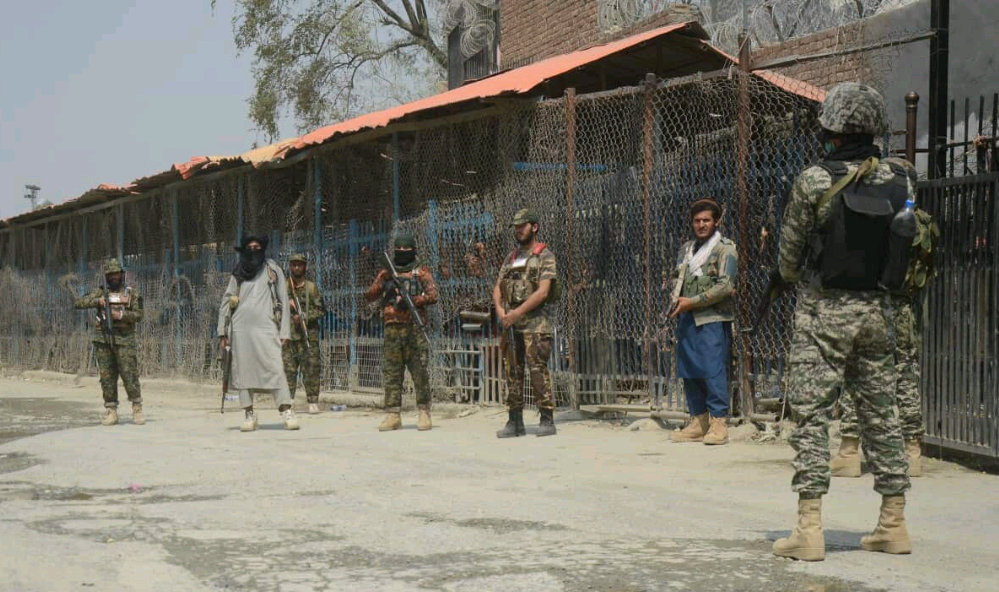




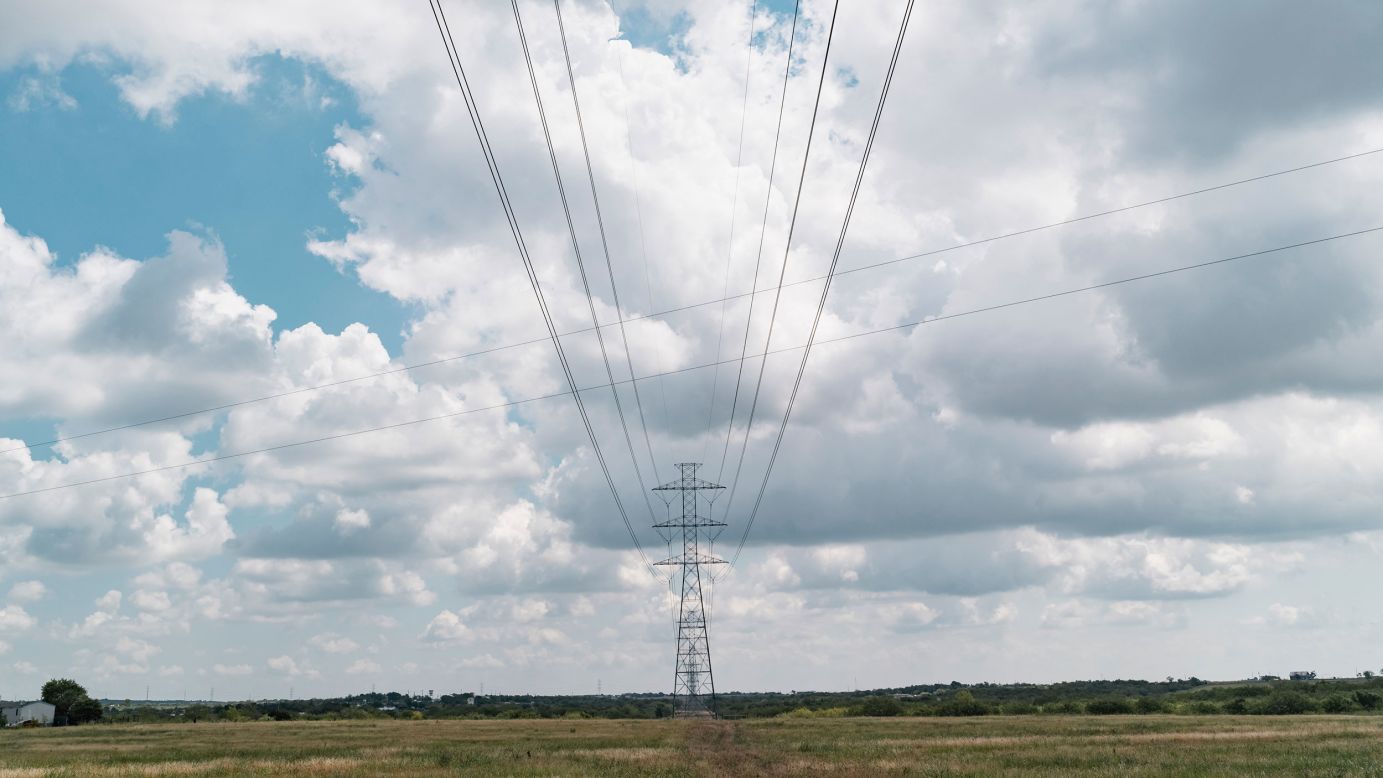







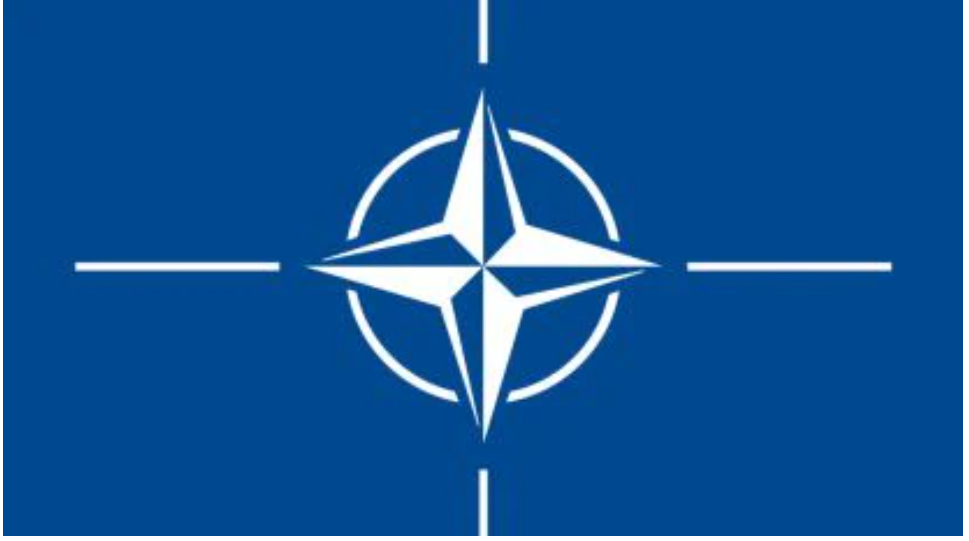


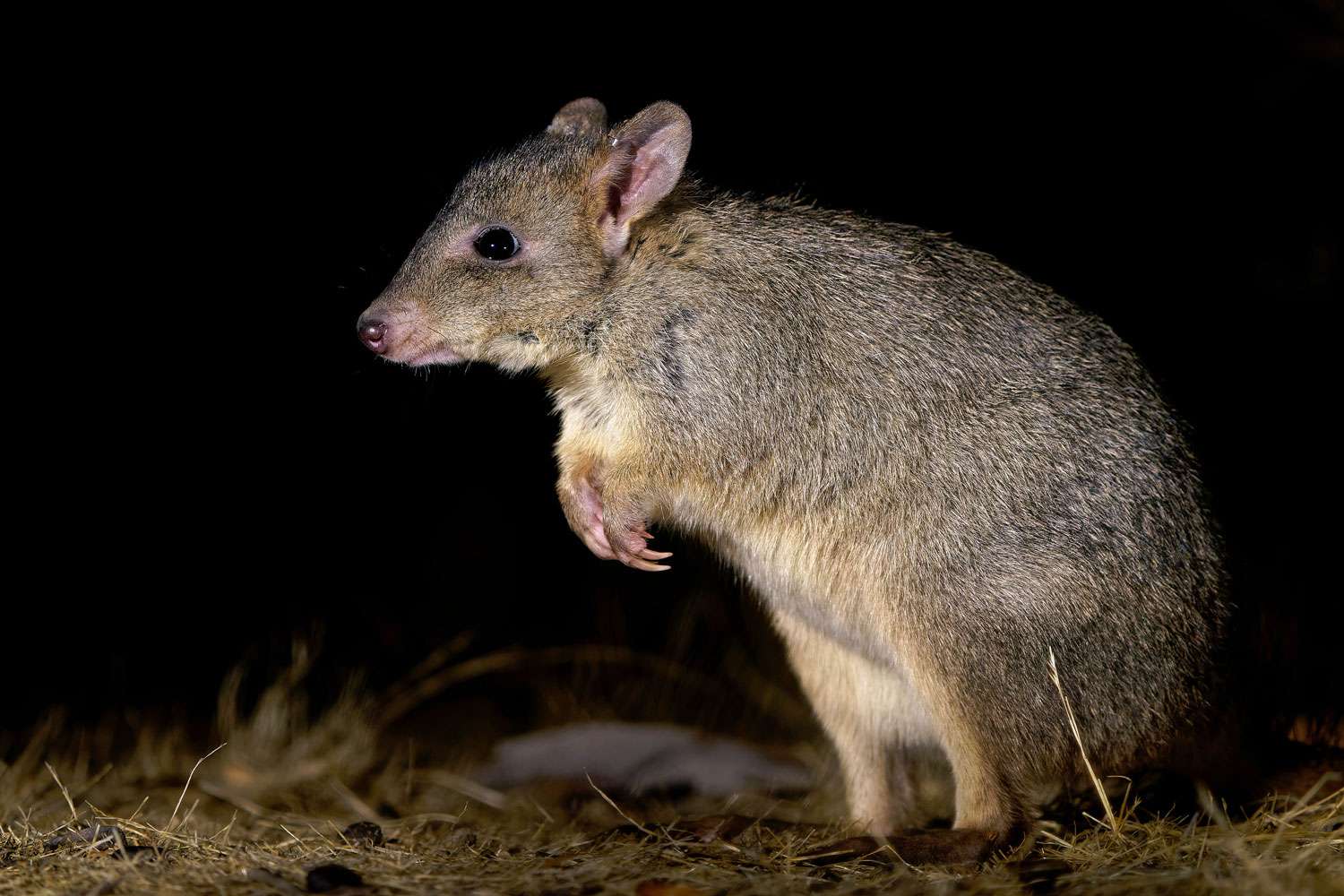

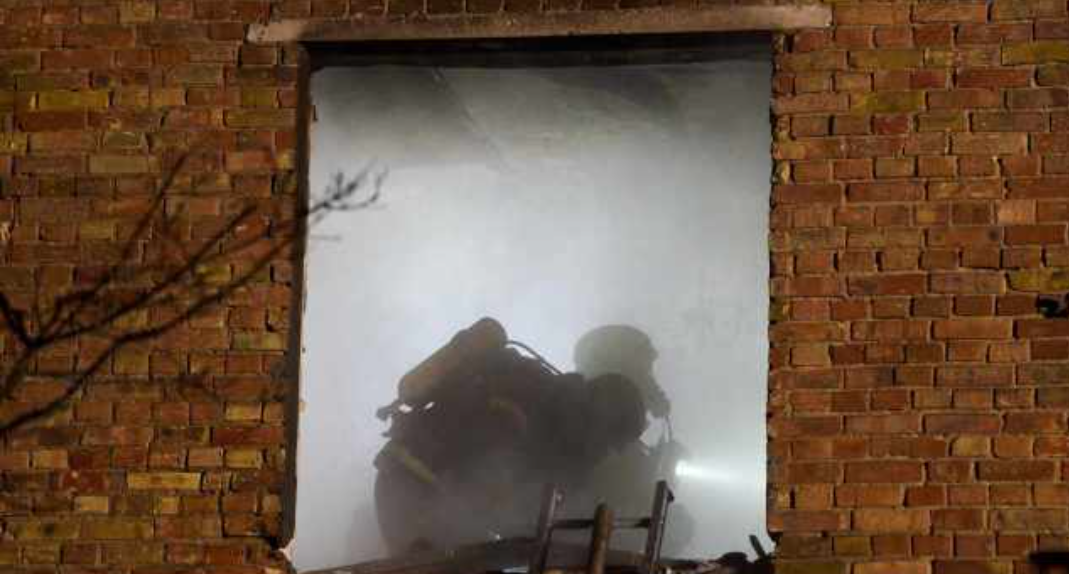



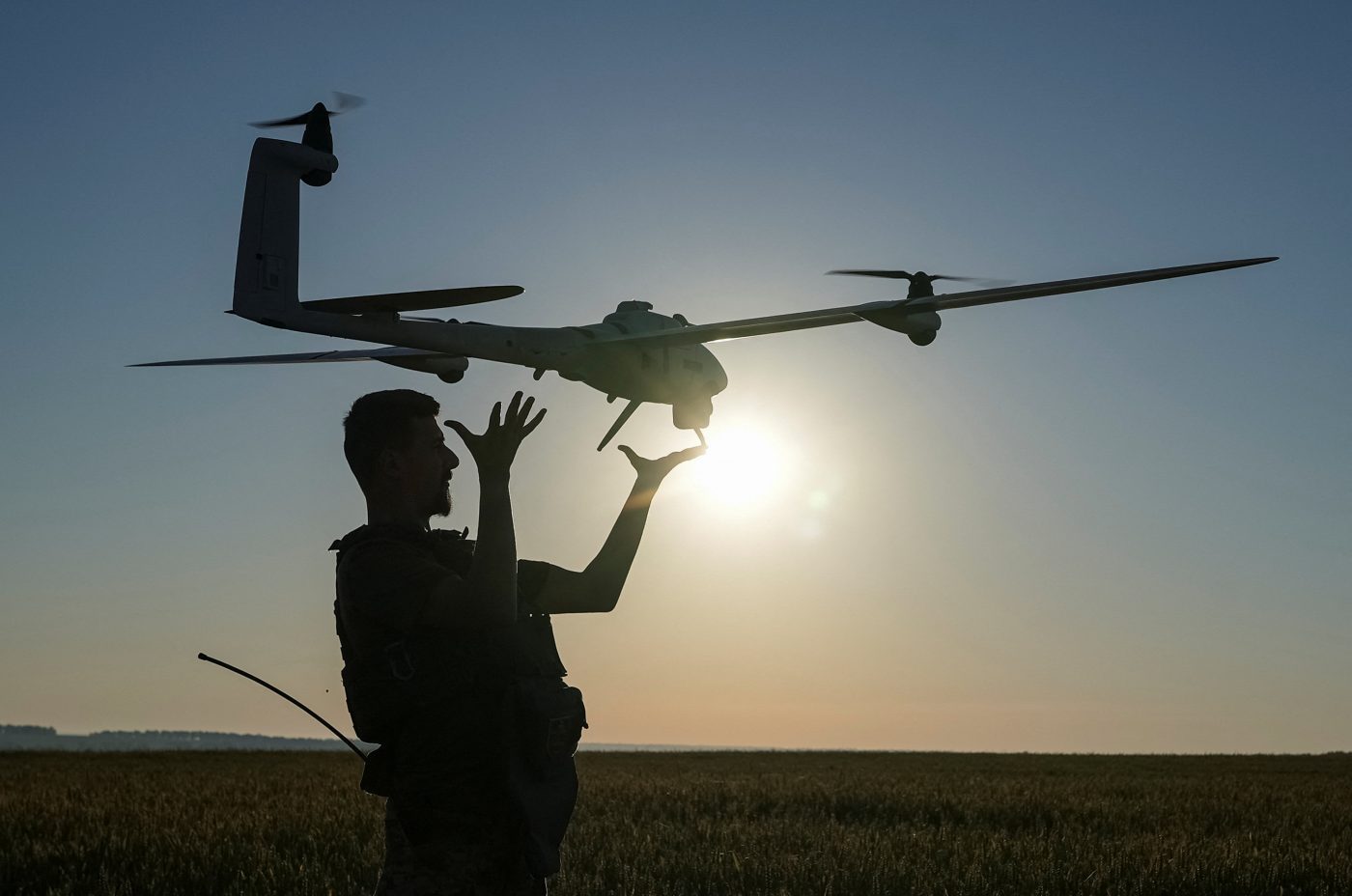









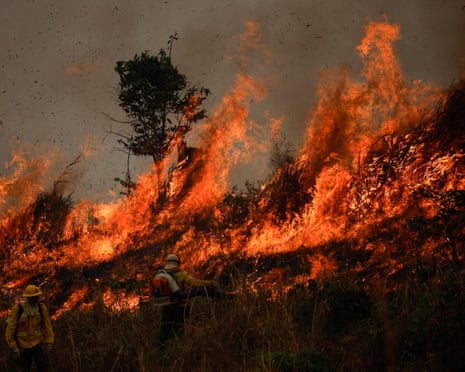
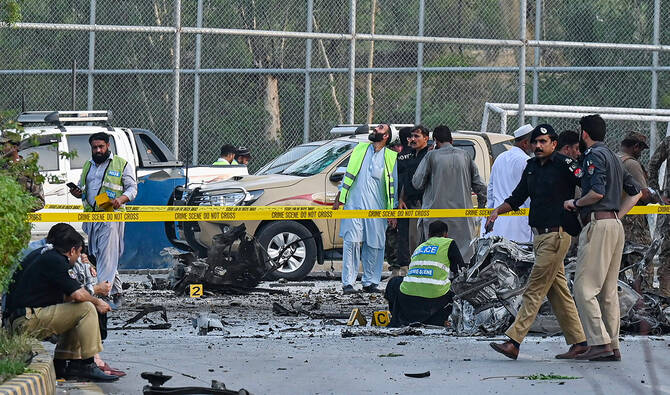


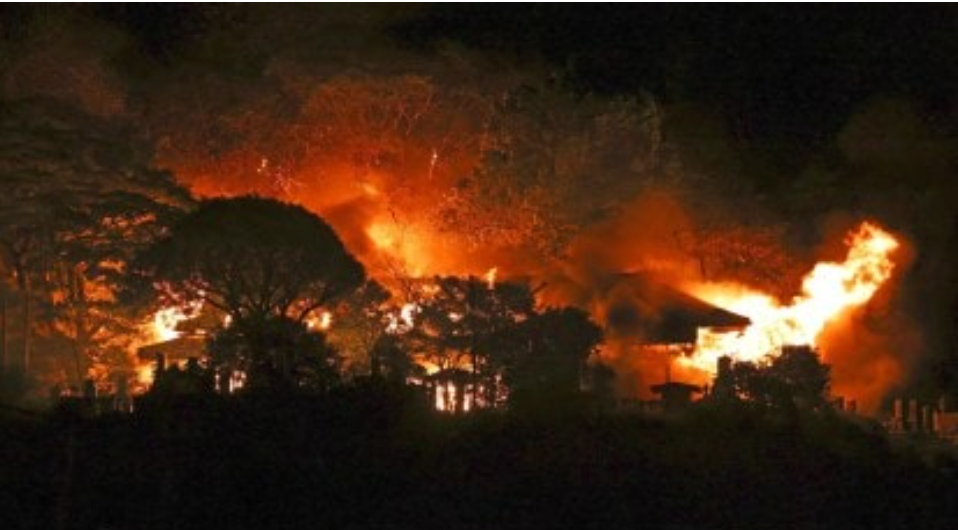




Zelensky Cites Trump’s Gaza Peace Plan, Urges End to Ukraine War - AMERICA NEWS WORLD
[…] Afghanistan Claims 58 Pakistani Soldiers Killed, Captures 25 Posts in Fierce Border Clashes […]